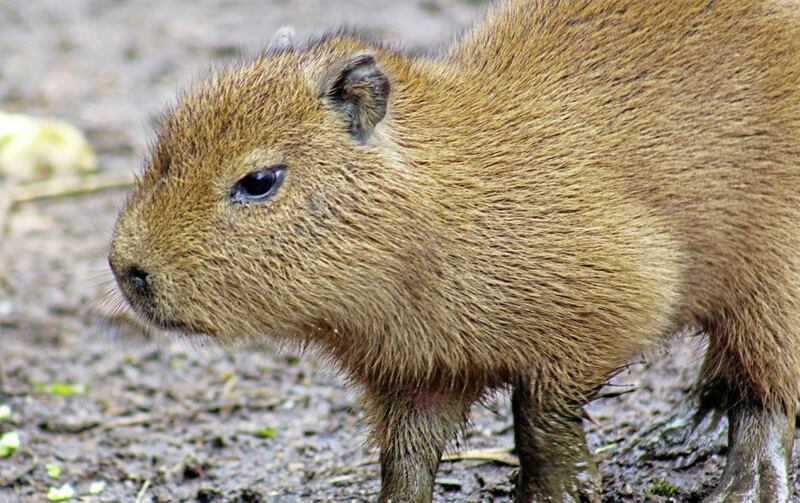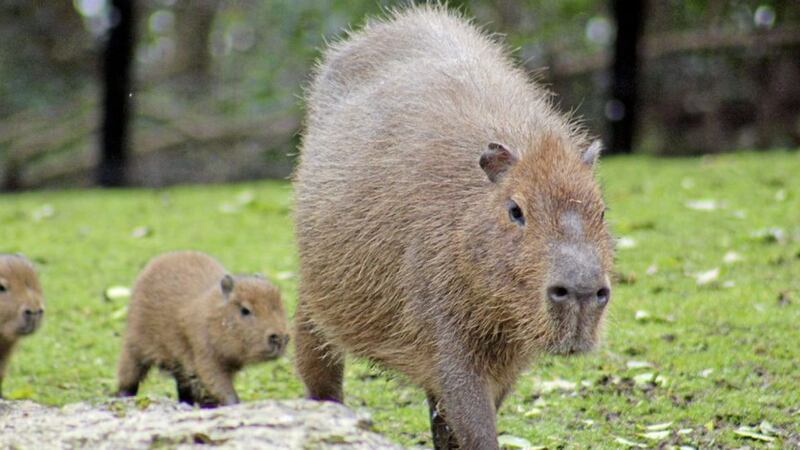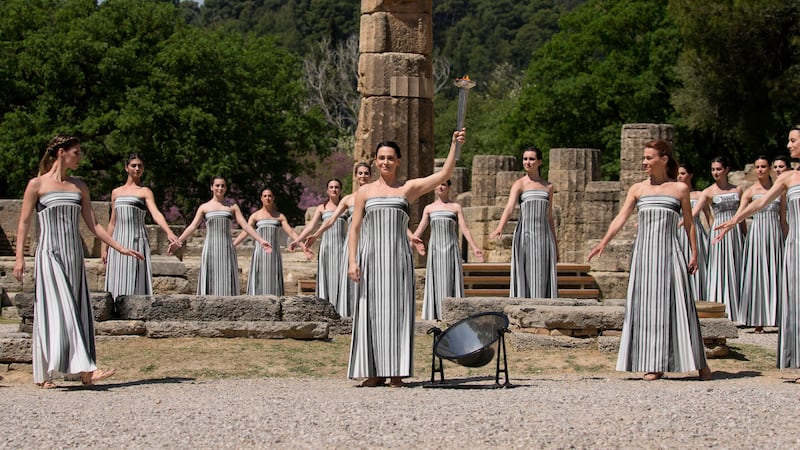BELFAST Zoo is celebrating the arrival of two of the world's largest rodents - twin capybara babies.
The twins were born to mother Lola and father Chester on April 2.
The largest rodents in the world, capybaras measure up to 130cm in length and closely resemble giant guinea pigs.
A semi-aquatic mammal, the capybara is found on Central and South American riverbanks, beside ponds and in marshes.
When the capybara swims, its eyes, ears and nostrils are positioned above the water to help with vision and breathing.
They have webbed feet and can hold their breath for up to five minutes underwater.
The new arrivals mean Belfast Zoo is now home to 13 capybaras in total.
In the wild, these rodents live in large family groups of ten to 40 individuals. They are incredibly vocal and communicate through barks, whistles, huffs and purrs.
Raymond Robinson, Zoo curator, said: "Our capybaras share their home with some other South American 'amigos', including giant anteaters and Darwin's rhea.
"While the capybara is not currently classified as an endangered species, it is hunted and poached for its meat and skin. It is important that zoos, such as Belfast Zoo, help to raise awareness of this species and the increasing dangers which capybara face in their natural habitat.
"We have no doubt that our South American babies will soon be a firm favourite with visitors."








